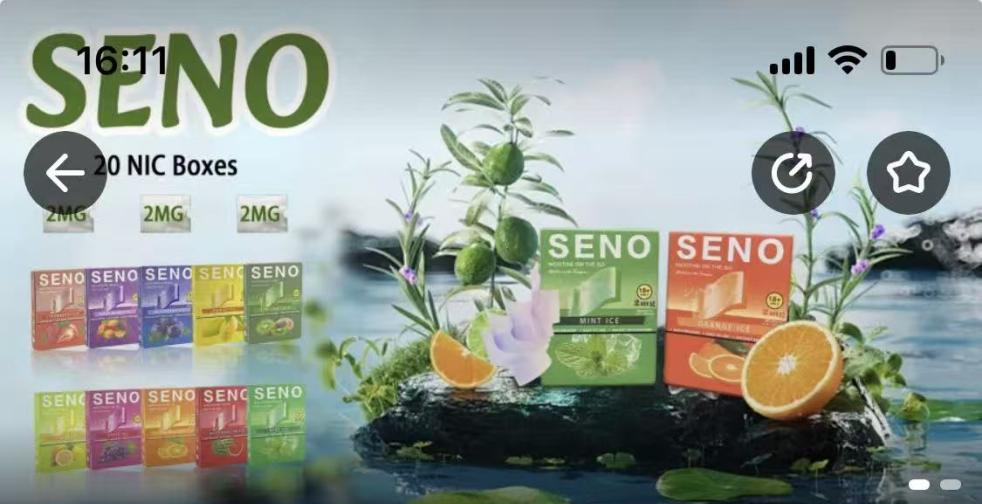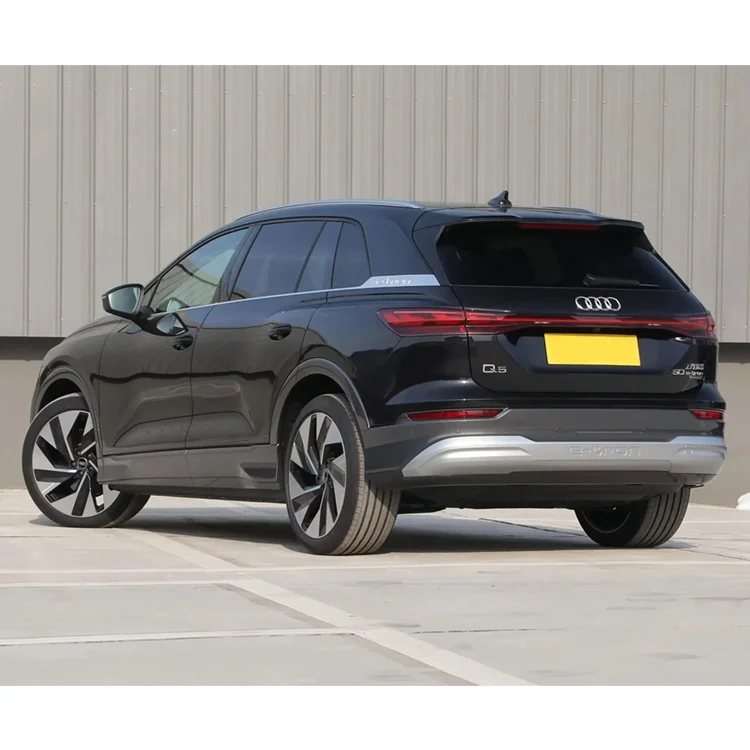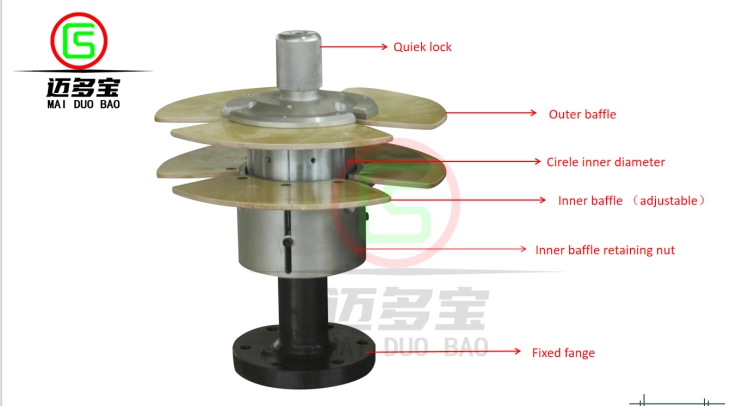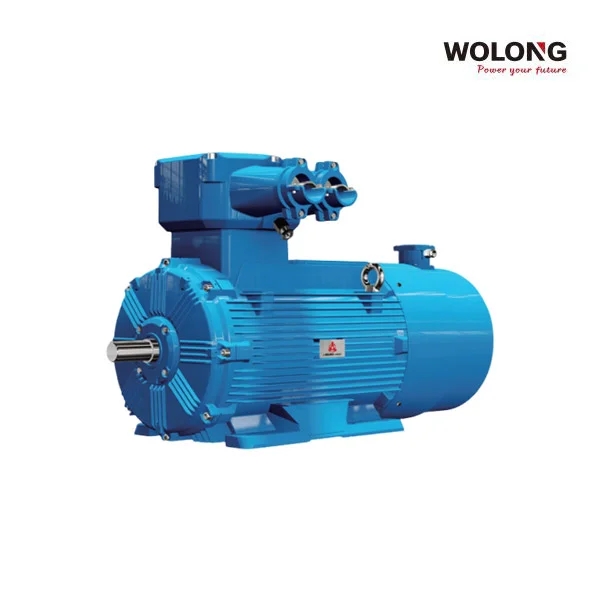In today's energy-conscious world, selecting appliances that use minimal electricity is not only beneficial for your wallet but also for the environment. As energy efficiency becomes increasingly important, understanding which appliances consume the least amount of power can help you make informed decisions and contribute to a greener home. This article explores various household appliances that excel in energy efficiency, providing a detailed analysis of their power consumption and offering tips for maximizing their benefits.
- Understanding Energy Efficiency
Before diving into specific appliances, it's essential to understand what makes an appliance energy-efficient. Energy-efficient appliances use advanced technologies to minimize electricity consumption while maintaining optimal performance. Key indicators of energy efficiency include:
- Energy Star Ratings: Appliances with Energy Star labels meet stringent energy efficiency criteria set by the Environmental Protection Agency (EPA).
- Power Consumption: Measured in watts or kilowatt-hours, lower power consumption generally indicates higher efficiency.
- Energy-Efficient Appliances 2.1 LED Light Bulbs
Power Consumption: LED bulbs use between 4 to 10 watts, compared to 60 to 100 watts for traditional incandescent bulbs.
Benefits:
- Longevity: LED bulbs can last up to 25,000 hours, significantly longer than incandescent or fluorescent bulbs.
- Brightness: They provide the same amount of light as higher-wattage bulbs while using a fraction of the energy.
Top Picks:
- Philips Hue: Offers customizable lighting options and smart features.
- Cree LED Bulbs: Known for their brightness and energy efficiency. 2.2 Energy-Efficient Refrigerators
Power Consumption: Modern Energy Star-rated refrigerators use about 100 to 200 kilowatt-hours per year, compared to older models that can use over 800 kilowatt-hours.
Benefits:
- Advanced Technologies: Features like inverter compressors and efficient insulation contribute to lower energy use.
- Smart Functions: Some models offer smart technology that optimizes energy consumption based on usage patterns.
Top Picks:
- LG InstaView: Features a door-in-door design and smart technology for energy efficiency.
- Samsung Family Hub: Offers advanced cooling features and energy-saving modes. 2.3 High-Efficiency Washing Machines
Power Consumption: High-efficiency (HE) washing machines use around 14 to 25 gallons of water per load, compared to older models that use up to 40 gallons. Energy consumption is significantly lower as well.
Benefits:
- Water Savings: Reduced water usage translates to lower energy consumption for heating water.
- Advanced Features: Many HE washers include smart sensors that adjust water and detergent use.
Top Picks:
- Bosch 800 Series: Known for its quiet operation and energy efficiency.
- LG Front Load Washer: Features TurboWash technology for reduced cycle times and energy use. 2.4 Energy-Efficient Dishwashers
Power Consumption: Energy Star-rated dishwashers use about 3 to 5 gallons of water per cycle and consume approximately 300 to 500 kilowatt-hours per year.
Benefits:
- Advanced Drying Systems: Many models use energy-efficient drying methods, such as heat exchange or fan-assisted drying.
- Smart Controls: Options like load sensors and eco-friendly wash cycles optimize energy and water use.
Top Picks:
- Miele G 7000: Features AutoDos detergent dispensing and energy-efficient cleaning cycles.
- Bosch 500 Series: Known for its quiet operation and energy-saving features. 2.5 Microwave Ovens
Power Consumption: Microwaves generally use between 600 to 1200 watts, with energy-efficient models using less power for the same performance.
Benefits:
- Quick Cooking: Microwaves cook food faster than conventional ovens, reducing overall energy consumption.
- Reduced Heat Generation: They do not heat up the kitchen, leading to less need for air conditioning.
Top Picks:
- Panasonic NN-SN966S: Features inverter technology for consistent cooking power.
- Breville BMO700SIL: Offers smart cooking features and energy-efficient performance.
- Tips for Maximizing Energy Efficiency 3.1 Regular Maintenance
Benefits:
- Efficiency: Keeping appliances clean and well-maintained ensures they operate at peak efficiency.
- Longevity: Regular maintenance can extend the lifespan of appliances, reducing the need for replacements.
Examples:
- Refrigerator Coils: Clean the coils regularly to improve cooling efficiency.
- Washing Machine Filters: Check and clean filters to maintain optimal performance. 3.2 Utilizing Smart Technology
Benefits:
- Remote Control: Smart appliances allow for remote monitoring and control, optimizing energy use based on real-time data.
- Automation: Set schedules and use automation features to minimize energy consumption during peak hours.
Examples:
- Smart Thermostats: Adjust heating and cooling schedules based on occupancy and weather conditions.
- Smart Plugs: Monitor and control energy use for various appliances.
- Comparative Analysis 4.1 Cost vs. Efficiency
- Initial Cost: Energy-efficient appliances often have a higher upfront cost but offer long-term savings through reduced energy bills.
- Operational Savings: Calculate potential savings by comparing the energy consumption and costs of different models. 4.2 Environmental Impact
- Carbon Footprint: Lower energy consumption translates to a smaller carbon footprint, contributing to a more sustainable lifestyle.
- Resource Conservation: Energy-efficient appliances help conserve natural resources and reduce environmental impact. Conclusion
Selecting appliances that use the least electricity not only benefits your finances but also supports a more sustainable lifestyle. By choosing energy-efficient options like LED light bulbs, modern refrigerators, high-efficiency washing machines, and smart dishwashers, you can reduce energy consumption while enjoying enhanced performance and functionality. Regular maintenance and smart technology further optimize energy use, ensuring that your home remains both energy-efficient and environmentally friendly. Investing in these power-saving champions is a step towards a greener, more economical future.





